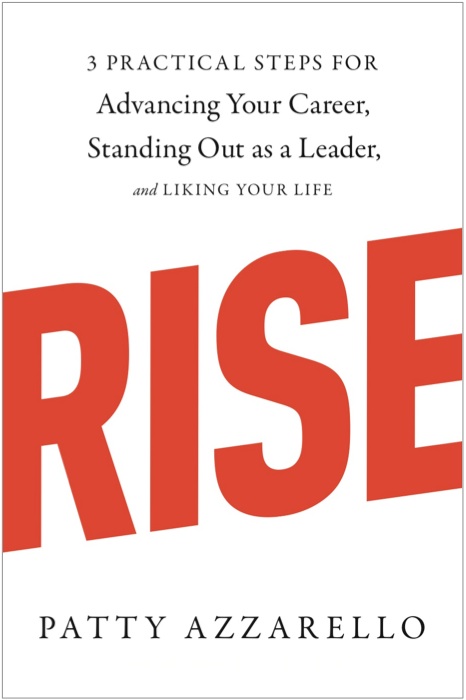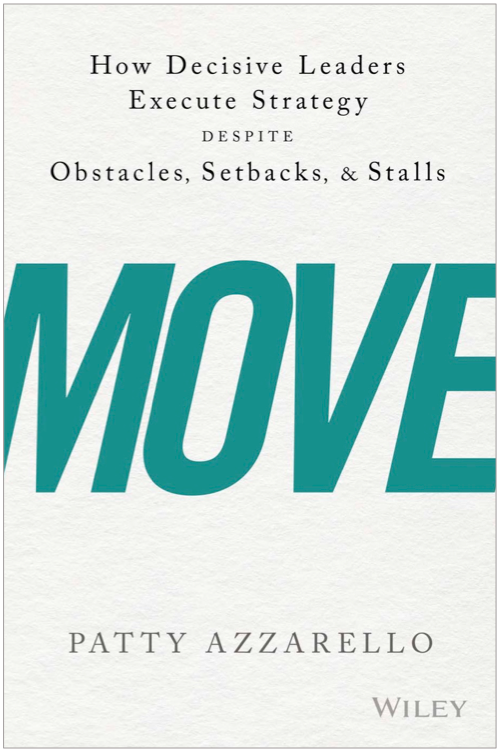What is the job worth?
Many people ask me how to go about negotiating their compensation.
They struggle to figure out “what they are worth”.
Or sometimes when I suggest they are not paid enough and they should ask for more, they ask “am I worth that much?”.
What you are worth is never the point.
Whenever you negotiate for salary or contract rates, don’t focus on what you are worth, focus on what the job is worth, and what the outcome that job delvers is worth to the company.
You need to do some homework to figure this out. Find out what others in a similar role are getting paid. Understand what outcomes the business values most.
If anyone ever says, “You are not worth that much”, You can come back and say,
“If this job delivers these outcomes at this level, my data shows that it is worth x in this market, what does your data show?”
“You don’t have the experience…”
I was thinking back to a time in my early career when I was a field-based sales engineer. It was my job to be the technical counterpart to a sales person. I needed to demonstrate the product, and show customers how our product could be configured to meet their needs and improve their business.
It was my second job out of college and I was about 22. (I graduated at 20).
My salary was $30k/year. About 6 months in, the only other female in our peer group said to me, “Do you know that all the guys in this job are making $36,000 a year?”
My first reaction was, “I guess it’s because they have more experience”. She said, “It’s not fair”. (She got paid the same as me, but had more experience than I did).
Gather the data. Build the business case.
So I thought about it for a few weeks. Then I watched how the guys did the job. I looked at what they were doing and not doing, and compared it to what I was doing.
It turned out that on every aspect of the role I was performing at the same level or at a higher level than the guys. In addition to that, I was doing a bigger job. I was being used in sales in situations on additional parts of our product that some of these guys either, couldn’t or wouldn’t do. I was being left alone with customers to close business, and develop marketing and training with reseller partners.
So I then I finally thought, “this doesn’t add up.” ( I was a little slow…)
Ask for it
Back to the plot, in my next meeting with the VP of Sales and the CEO, they thanked me for my good work and I said, “You’re welcome, and I want a raise”. Their first response was, “You haven’t been here long enough”. I said, “All of my peers are making $6k more than I am”. “They said, “They get paid more because they have more experience.”
So I then said, “But I don’t seem to be getting any kind of slack or break on the work because I have less experience. In fact I am doing more advanced work than they are. I do everything thing they do, and more, so why is their attendance record worth more than my results? I think my salary should be raised at least to what you are paying the others.”
They agreed to raise my salary shortly after that.
The final point in the story is that the other woman called me later and said, “Thanks, you got me a raise.”
What are the lessons here?
1. If I didn’t ask, I wouldn’t get
2. If I didn’t do my homework on knowing what the job was worth, I would not have had a business case to base my request on. Learn the market rate for your job.
3. A business case is much harder to argue with than, “It’s not fair”
4. A business case is much more productive than, “You are discriminating against me because I am a woman.”
It’s worth expanding on this fourth point. Looking back, of course they were paying me and the other woman less than the men. It took me about 15 more years to notice that by the way. (Again, I was a bit slow on this point…)
Business results speak loudest
But I’m glad I was oblivious. If I had become upset about being treated unfairly as a woman, I would have used up a lot of energy and emotion on that. I might have argued on that basis. I might have got labeled, even unofficially, as “difficult” and that might have cut off future opportunities.
By focusing on the business case, I was putting all the right energy in all the right places. I was distinguishing myself on the value I was adding to the business, instead of complaining about how the world works.
No one is completely immune from stingy bosses or companies trying to get you to work for the absolute minimum they can get away with.
But I can tell you, at any level, whether it’s an entry level job or a C-Level position, it is always more productive and compelling to focus on building and selling a business case for the compensation you want, based on what the job is worth the the company, than debating about fairness.
Was this useful?
If you found this article useful, please help me share it (share button below) with others and encourage them to subscribe.
About Patty
Patty Azzarello is an executive, best-selling author, speaker and CEO/Business Advisor. She became the youngest general manager at HP at the age of 33, ran a billion dollar software business at 35 and became a CEO for the first time at 38 (all without turning into a self-centered, miserable jerk)
You can find Patty at www.AzzarelloGroup.com, follow her on twitter or facebook, or read her book RISE…How to Be Really Successful at Work AND Like Your Life.
Free eBook Download
LIMITED AVAILABILITY – find out more
Subscribe for free
If you found this article useful, you can subscribe to this blog for free and get updates in your email or RSS reader.
Get Facebook Updates.
Click “Like” to get more great business leadership updates on Facebook




